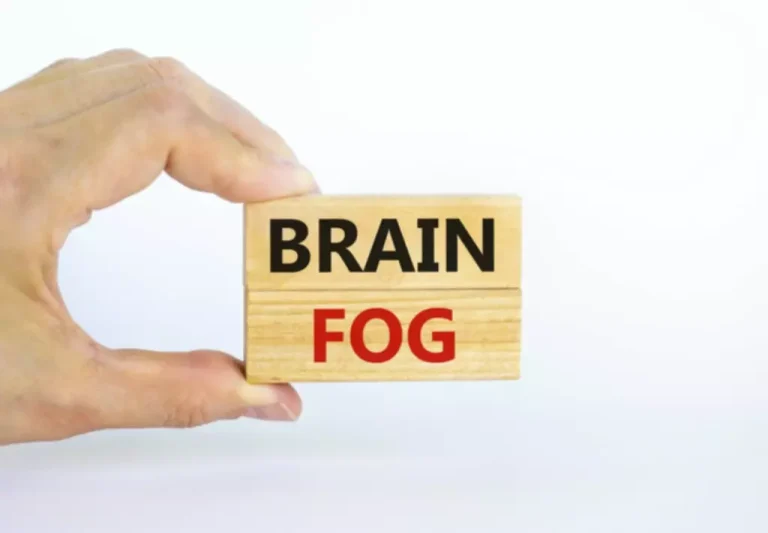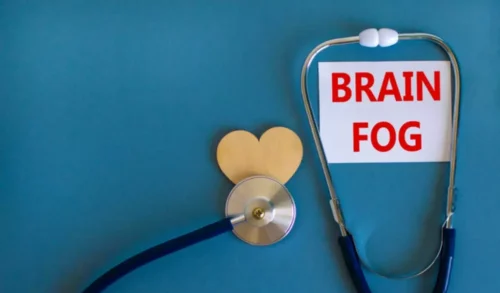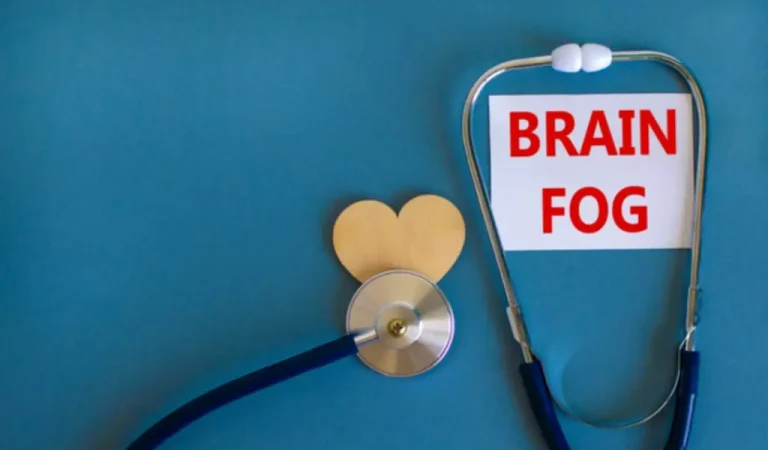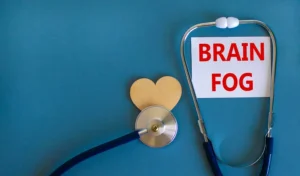
A blackout occurs when high blood alcohol concentration (BAC) disrupts the hippocampus’s ability to form new memories. This disruption prevents the brain from recording experiences, leading to periods of amnesia where the individual cannot recall events that occurred while they were intoxicated. It has been found to reduce alcohol consumption in individuals with alcohol use disorders and may also help alleviate PTSD symptoms. Results demonstrated a small but significant Alcoholics Anonymous indirect effect of T1 blackouts on T3 depression symptoms through T2 other alcohol-related consequences.
1. Participants and Procedure
- Treatment programs need to incorporate interventions that address these dissociative symptoms.
- Future studies should examine whether drinking to cope does in fact show similar associations with PTSD and emotion dysregulation.
- This helps explain why being female appears to be a risk factor for having blackouts.
- If you fear peer pressure might be overwhelming, it’s perfectly acceptable to decline invitations.
- Additionally, it would be informative to use structured interview measures of all of the constructs in order to gather more descriptive information and determine if these relationships differ in more severe populations.
- This durable comorbidity has been found in large, small, representative, and targeted samples.
After a night of blackout drinking, people often find that they said or did things that they would not normally say or do. And oftentimes, when people run into legal trouble while drinking, they do not remember what they did and have to be informed the next day. People seeking co-occurring PTSD and alcoholism treatment need to work with treatment professionals experienced in PTSD and alcohol treatment. The Recovery Village is experienced in treating alcohol and other substance use and co-occurring disorders like PTSD. A 2023 study suggests post-traumatic disorders are among the most common co-occurring diagnoses in people with substance use disorder (SUD). Whether it’s every weekend or more frequently, consider alternative plans to disrupt this habit cycle.

The link between PTSD and alcohol-use disorders
- Alcohol addiction treatment addresses both the physical and psychological aspects of alcohol misuse.
- This means that an individual might be unable to recall events or activities they partook in, despite being fully conscious during them.
- Interested panelists provided informed consent before completing the online survey.
Embrace this journey with kindness and optimism, for it is a journey towards a brighter, more fulfilling life. This list of “whys” serves as a powerful reminder of your commitment to positive self-care. It forms the foundation of your new and exciting lifestyle choice, reinforcing your resolve and inspiring you to keep moving forward.
Substance use coping.
For instance, research suggests that long-term use of alcohol can increase anxiety and depression due to specific chemical changes that can make PTSD worse. Alcohol blackout refers to episodes where one consumes so much alcohol that they can’t form new memories as the brain’s hippocampus stops working completely. This leads to gaps in recalling events that occurred while they were intoxicated. Often overlooked, post-traumatic stress disorder (PTSD) tends to be a major cause of alcoholism. For effective treatment, it’s necessary to manage both issues simultaneously, which requires a deeper understanding of how they correlate. Seeking treatment for both PTSD and alcohol dependency concurrently is crucial for a comprehensive recovery.

Responses were summed to estimate the number of drinks consumed in a typical week. This could happen if someone drinks on an empty stomach or consumes large amounts of alcohol in a short amount of time. Because females, on average, weigh less than males and, pound for pound, have less water in their bodies, they tend to reach higher peak BAC levels than males with each drink and do so more quickly. This helps explain why being female appears to be a risk factor for having blackouts. While you are still in control of your actions during a blackout, your ability to make decisions can be greatly impaired.

PTSD and Alcohol Abuse in Veterans
For this reason, alcohol use problems often must be part of the PTSD treatment. If you have PTSD, plus you have, or have had, a problem with alcohol, try to find a therapist who has experience treating both issues. You may drink because using alcohol distracts you from your problems for a short time. You should know, though, that drinking makes it ptsd alcohol blackout harder to concentrate, be productive, and enjoy your life. Problems with alcohol are linked to a life that lacks order and feels out of control. This lifestyle leads to distance from others and more conflict within a family.
Alcohol Allergies: Symptoms, Signs, and Treatment for Reactions
SoberBuzz is not just an organisation; it’s a lifeline for those who may be questioning their relationship with alcohol and are seeking guidance on how to navigate this journey of change. At SoberBuzz, they understand the complexities and challenges that can arise when re-evaluating your connection with alcohol. They offer a safe, non-judgmental haven where you can openly share your experiences, be heard, and find unwavering support. When sober, memories are formed after sensory input is processed in short-term memory through a process called transfer encoding, which is then moved through a similar process into https://ecosoberhouse.com/ an individual’s long-term memory.
- Thus, experiences of discrimination may be a unique risk factor for alcohol-related problems such as blackout in racially diverse samples.
- This is especially true for negative experiences versus neutral or positive ones.
- Men with higher PTSD symptoms may have a higher level of impulsivity that leads to reckless behaviors such as risky alcohol use.
- These episodes, characterized by a sudden loss of consciousness or memory, can significantly disrupt daily life.
- Some may indulge in a nightly glass of wine but find it challenging to stop at one.
Causes of complex trauma
This is followed up by tailored rehab services and evidence-based therapies like CBT to ensure integrated treatment for co-occurring disorders like PTSD. Our primary focus is to address both the psychological aspects of PTSD and the physical dependencies of alcohol misuse. While PTSD and alcohol use disorder appear to be complex issues, effective treatment models help patients recover successfully. For alcohol addiction, disulfiram, naltrexone, and acamprosate are primary medications that FDA has approved. They not only help reduce drinking behaviour but also prove effective in managing cravings. One study indicates that this therapy had a success rate of 61% to 82.4% in PTSD sufferers.
